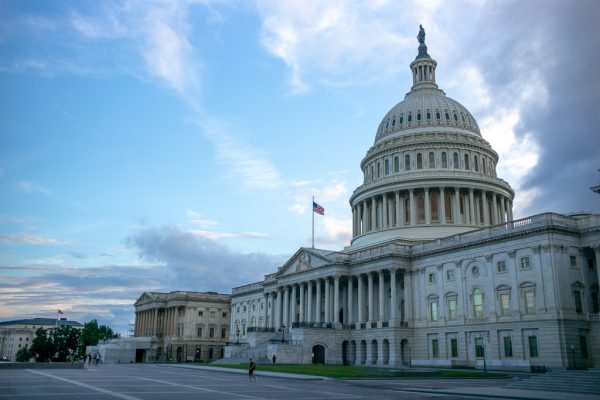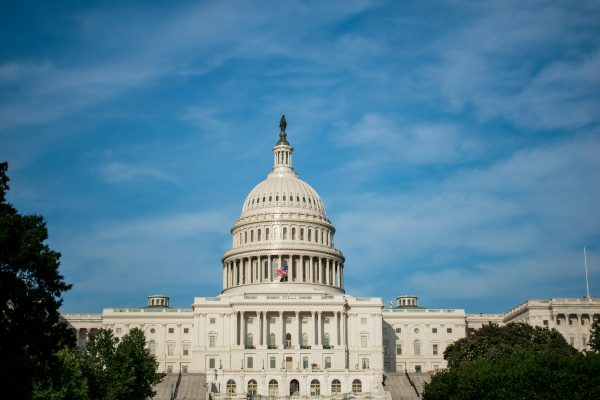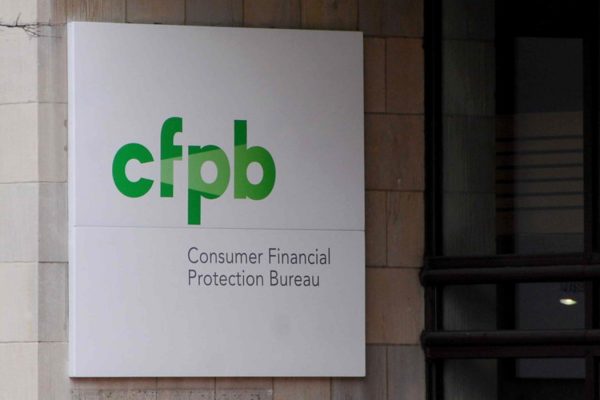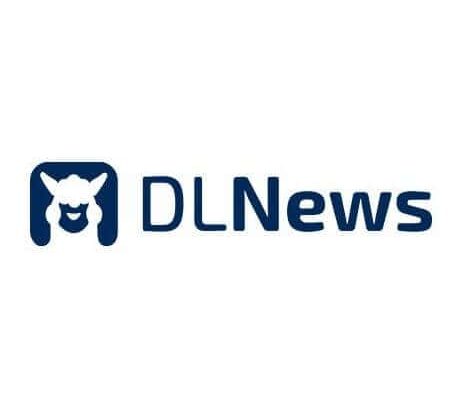News Release: Voting Record Highlights Lawmakers’ Stances on Financial Reform in 118th Congress
New report providing a snapshot of how every member of Congress voted on consumer protections, climate financial regulation, Wall Street, and financial industry legislative measures during the first session of the 118th Congress.









